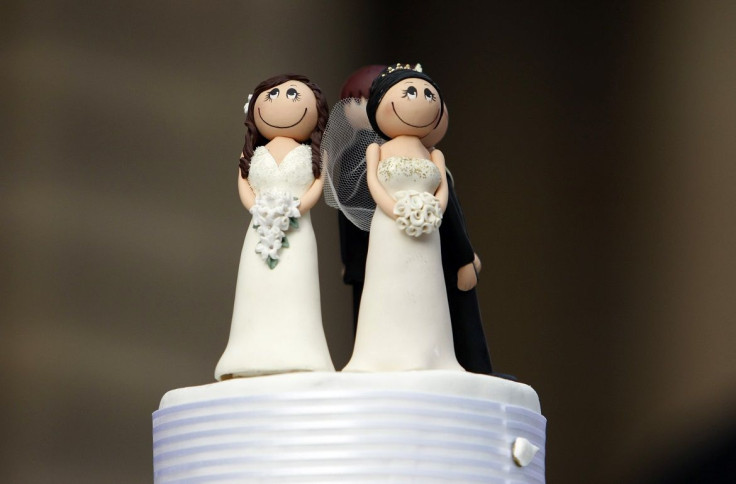Same-sex marriage in Australia plebiscite blocked by Senate

The Senate has killed Australia’s planned same-sex plebiscite, which would have been held in February. On Monday, the proposal was voted down in the Upper House 33 to 29, effectively ending more than a year of debate about the plebiscite.
The Federal Government claimed that the plebiscite, which was first proposed by former Prime Minister Tony Abbott and passed onto his successor, Malcolm Turnbull, would be supported by the public. However, the Opposition, as well as LGBTI groups, argued that the planned plebiscite would only subject the gay and lesbian community to abuse and condemnation.
Attorney-General George Brandis warned that opposing the plebiscite would mean delaying same-sex marriage in Australia for several years, but that didn’t stop the Labor, Greens, the Nick Xenophon Team and Victoria Senator Derryn Hinch to oppose it. The Coalition, on the other hand, was able to secure the support of David Leyonhjelm and independent Jacqui Lambie. Liberal Senator Dean Smith abstained.
Greens to oppose same-sex marriage plebiscite; Liberals warn blocking marriage equality vote will delay issue for years
“A vote against this bill is a vote against marriage equality,” Brandis hit out at the critics.
Labor Senate leader Penny Wong, who is a strong opponent of the plebiscite, called it a “cynical and cruel political tactic” that was designed as an obstacle to make the path to marriage equality more difficult to tackle.
Same-sex marriage in Australia: Only 1 electorate is against marriage equality
The plebiscite was ultimately put down with 29-33 votes against it on Monday. With the proposal dead, the Labor now advocates the issue of marriage equality be settled by parliamentary vote. Australian Marriage Equality chairman Alex Greenwich said they should refocus on getting the issue to parliament before the next election.
Turnbull originally opposed the plebiscite when it was first presented by Abbott in August 2015. However, when he took over the role of prime minister a month later, he agreed to continue the bill, conceding that same-sex marriage was best decided by public vote.





















